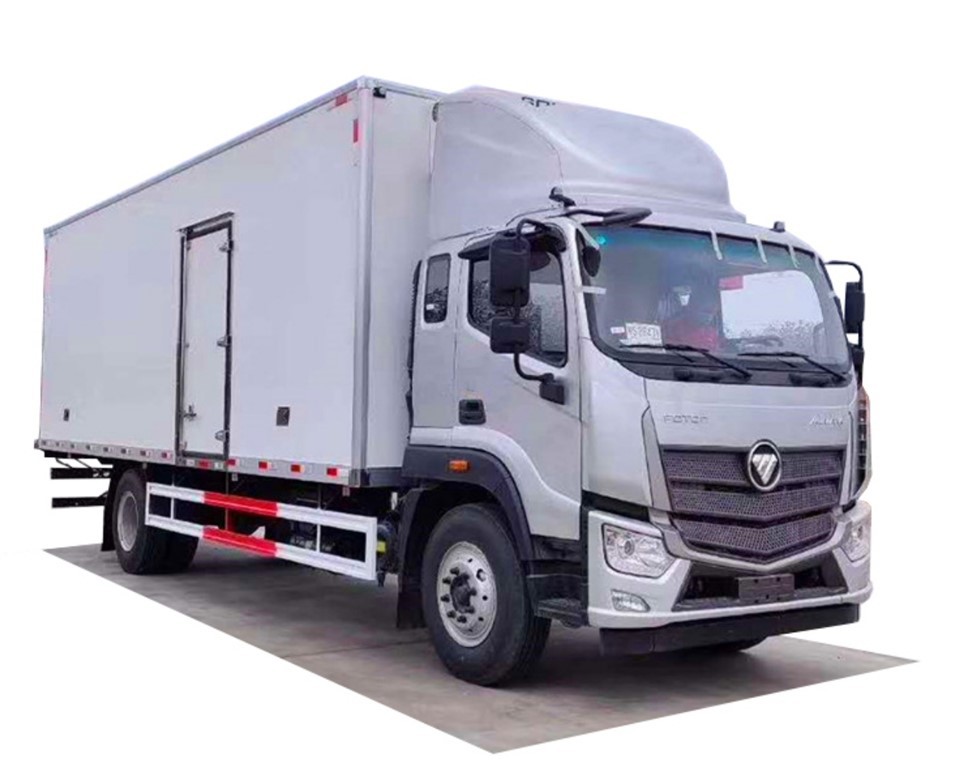Asphalt distributor trucks play a crucial role in road construction and maintenance. These vehicles are essential for applying liquid asphalt to surfaces, which is vital for paving roads, parking lots, and other facilities. If you’re in the market for asphalt distributor trucks for sale, this guide will provide detailed insights into the types of trucks available, their features, and tips to consider before purchasing one.
Understanding Asphalt Distributor Trucks
Asphalt distributor trucks are specialized vehicles designed to distribute liquid asphalt uniformly across surfaces. They come in various sizes and configurations, each suited for different types of jobs in construction and maintenance.
Types of Asphalt Distributor Trucks
- Standard Distributor Trucks: Commonly used for road building and maintenance, these trucks can apply a layer of asphalt over large areas.
- Spray-Type Distributor Trucks: Equipped with a spray bar, these trucks can disperse asphalt in a precise pattern perfect for thin-layer applications.
- Theoretically Controlled Distributors: Advanced models that utilize computer systems to control the spread rate, ensuring consistent application.
Components of Asphalt Distributor Trucks
Understanding the components of asphalt distributor trucks can help you make an informed purchasing decision. Key components include:
- Tank: Usually made from steel or aluminum that holds the liquid asphalt;
- Heating System: Essential for maintaining the correct temperature of the asphalt;
- Spray Bar: Disperses asphalt evenly across the surface;
- Controls: Determines the rate and width of the asphalt application.
Key Features to Look For
When browsing asphalt distributor trucks for sale, certain features can greatly influence your decision. Here are the top features to consider:
1. Tank Capacity
The tank capacity is critical depending on the size of your projects. Smaller tanks are more maneuverable, while larger tanks carry more asphalt for efficiency.
2. Heating Mechanism
The type of heating system is crucial. Some trucks use direct flame heating, while others may have electric or thermal oil heating systems. Choose one that fits your working conditions.
3. Versatility
Look for trucks that can be adapted for various applications, from spray sealing to tack coat applications.
4. Maintenance Requirements
Easy access to components for maintenance can save significant time and costs in the long run. Check the design and layout of parts for accessibility.
Buying Used vs. New Asphalt Distributor Trucks
Deciding whether to buy a new or used asphalt distributor truck requires careful consideration of advantages and disadvantages.
Advantages of New Trucks
- Latest technology and features
- Warranty coverage
- Better fuel efficiency
Disadvantages of New Trucks
- Higher cost
- Depreciation starts as soon as purchased
Advantages of Used Trucks
- Lower initial cost
- Less depreciation
Disadvantages of Used Trucks
- Potential for higher maintenance costs
- Older technology and features
Where to Find Asphalt Distributor Trucks for Sale
Finding the right asphalt distributor truck can be done through several channels:
1. Online Marketplaces
Websites like Craigslist, eBay, and specialized construction equipment sites offer a variety of listings.
2. Local Dealerships
Many dealerships focus on construction equipment and may have new and used distributor trucks available.
3. Auctions
Equipment auctions can provide opportunities to purchase quality equipment at competitive prices.
4. Industry Trade Shows
Attending trade shows can give you hands-on experience with various models and direct conversations with manufacturers.
How to Test Asphalt Distributor Trucks
Before purchasing an asphalt distributor truck, it’s vital to conduct thorough testing. Here are some tests to perform:
1. Visual Inspection
Check for signs of wear, rust, or damage. Look closely at the tank, spray bar, and heating system.
2. Functionality Test
If possible, operate the truck to ensure all components are working correctly. Pay attention to the controls and any unusual noises.
3. Check Maintenance Records
A well-documented maintenance history can give insights into the truck’s reliability and past issues.
Cost Considerations When Buying Asphalt Distributor Trucks
Understanding the costs associated with purchasing asphalt distributor trucks can help in budgeting.
1. Purchase Price
Prices can vary widely based on the truck’s condition, age, and features. New trucks may range from $100,000 to $300,000, while used trucks can start as low as $20,000.
2. Financing Options
Explore financing options if the purchase price is a concern. Many dealerships offer financing plans for new and used trucks.
3. Operating Costs
Consider ongoing fuel, maintenance, and insurance costs when budgeting for your new truck.
Best Practices for Operating Asphalt Distributor Trucks
Getting the best performance from your asphalt distributor truck involves following best practices:
1. Calibration
Always ensure your equipment is calibrated correctly before starting work to prevent over or under application of asphalt.
2. Temperature Monitoring
Keep a close eye on the asphalt temperature. Correct heating is vital for proper application.
3. Safety Protocols
Follow safety guidelines for operating heavy machinery, including wearing appropriate safety gear and conducting pre-operation checks.
FAQ Section
1. How much do asphalt distributor trucks cost?
The price of asphalt distributor trucks varies based on age, condition, and features. New trucks typically range from $100,000 to $300,000, while used trucks can start from $20,000.
2. What is the average lifespan of an asphalt distributor truck?
With proper maintenance, asphalt distributor trucks can last between 10 to 15 years.
3. Can I rent an asphalt distributor truck instead of buying one?
Yes, many rental companies offer asphalt distributor trucks for short-term and long-term rental, which can be a viable option for occasional projects.
4. Are there specific regulations for operating asphalt distributor trucks?
Yes, operators must comply with local and state regulations regarding weight limits, emissions, and safety practices. Always check with local authorities.
5. Do asphalt distributor trucks require special insurance?
Yes, commercial vehicle insurance coverage, including liability and physical damage, is recommended for asphalt distributor trucks.
6. Can I modify asphalt distributor trucks for specific applications?
Many asphalt distributor trucks can be modified with additional attachments or features, but it’s vital to consult with a professional for the best options.





